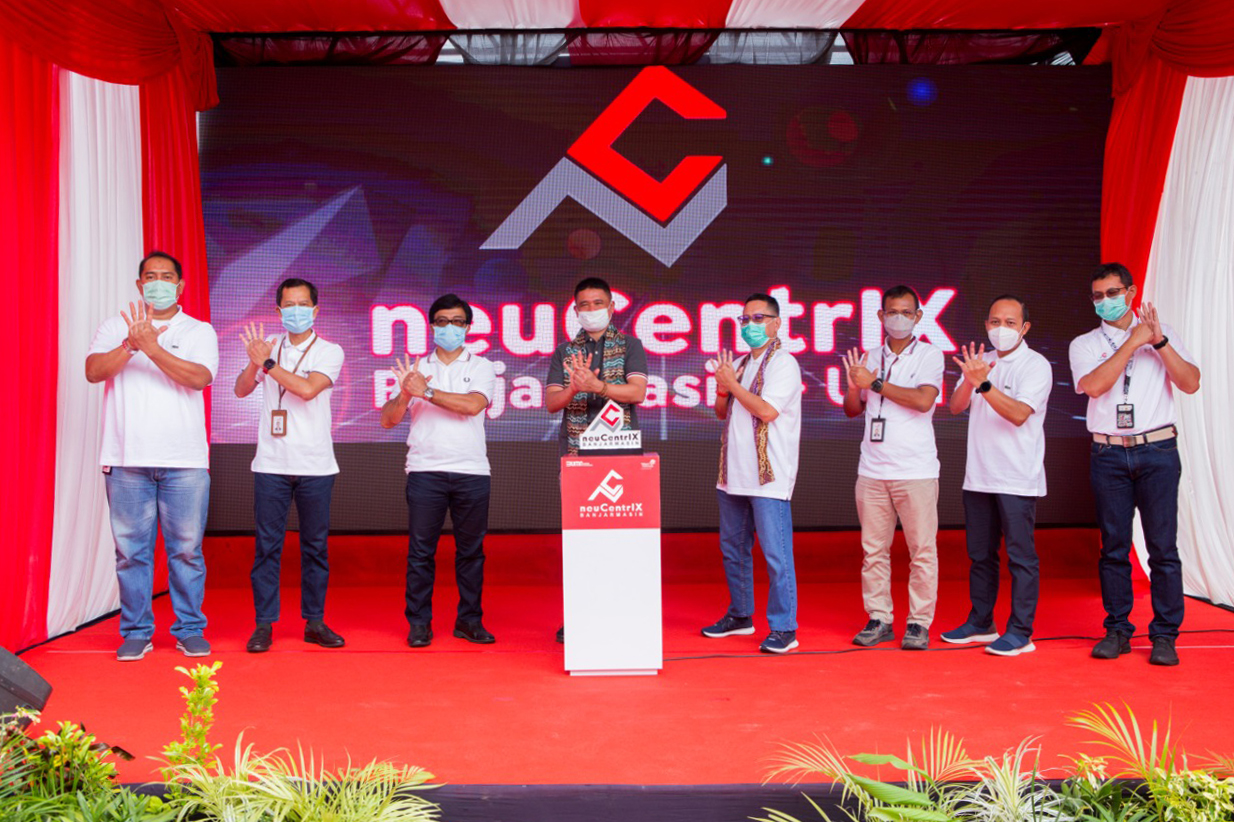How Connectivity Maximize your Data Center

Data centers serve as the backbone of a company's data infrastructure and play a critical role in interconnection. Even businesses can optimize their data center operations by utilizing the latest connectivity technologies and strategies.
That way, they can stay ahead of the curve in an increasingly data-driven world. Here, we explore how connectivity can help maximize the potential of your data center, improve performance, scalability, and reliability.
Why Connectivity Matters in Data Centers
Connectivity is a crucial aspect of any data center. It allows various components of a data center to communicate and exchange data, which enables the systems to function smoothly. Below are reasons why connectivity is important in data centers and how it impacts performance and efficiency of systems.
1. Improved Performance: Connectivity allows the various components of the data center to communicate and exchange data. This optimizes the flow of data and reduces bottlenecks resulting in faster processing and improved overall performance.
2. Enhanced Efficiency: It can minimize waste and reduce the need for redundant systems. Therefore, helping to save on costs and improve the overall efficiency of the data center.
3. Improved Scalability: Data center connectivity can also improve scalability. It ensures that the system can easily expand and adapt to meet these changing needs. The data center thus remains flexible and can support the business's growing demands.
4. Enhanced Security: Connectivity is important for enhancing the security of a data center. It can help to identify potential vulnerabilities and security threats. This can help to prevent data breaches and protect sensitive information.
5. Improved Disaster Recovery: It is crucial for improving disaster recovery in a data center. Allowing different components to communicate and share data ensures that the data center can quickly recover from disruptions and outages. It minimizes downtime and maintains critical systems and data availability.
Type of Data Center Interconnection
Data center interconnection is the connection of two or more data centers to facilitate the exchange of data and resources. It is useful for various reasons, including improving performance, enabling disaster recovery, and enabling cloud computing. There are several types of data center interconnection, each with its own advantages and disadvantages. Here are a few examples:
● Cross-connection: A cross-connect is a direct connection between two or more data centers. They have a physical hardwired connection which improves speed and lowers latency.
● Inter-site connectivity: This is the connection between different data center campuses, allowing data and resources to be shared between them.
● A peering exchange: It is a connection of networks that allows different internet service providers to exchange traffic directly. The interconnection cuts out the need for routing data through a third-party network.
● Blended IP: This refers to a network architecture that combines circuit-switched and packet-switched technologies. The interconnection allows for greater flexibility and scalability in data center connectivity.
In conclusion, connectivity is essential for maximizing the efficiency and performance of your data center. NeuCentrIX offers connectivity solutions such as IP Transit, IP Paid Peering, SCC, CAC, and ASTINET. Our services ensure that your data center can operate at its full potential. Connect with us now!

















